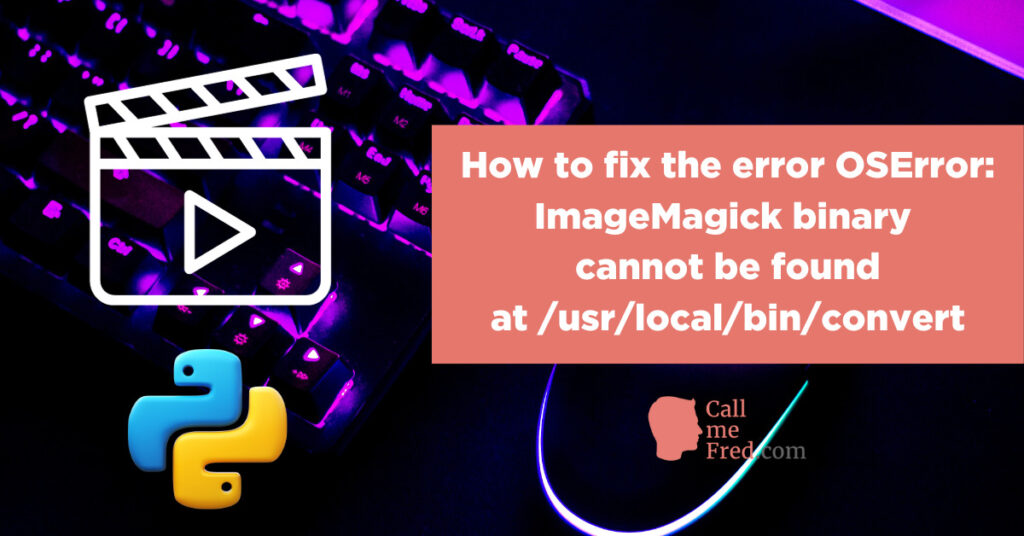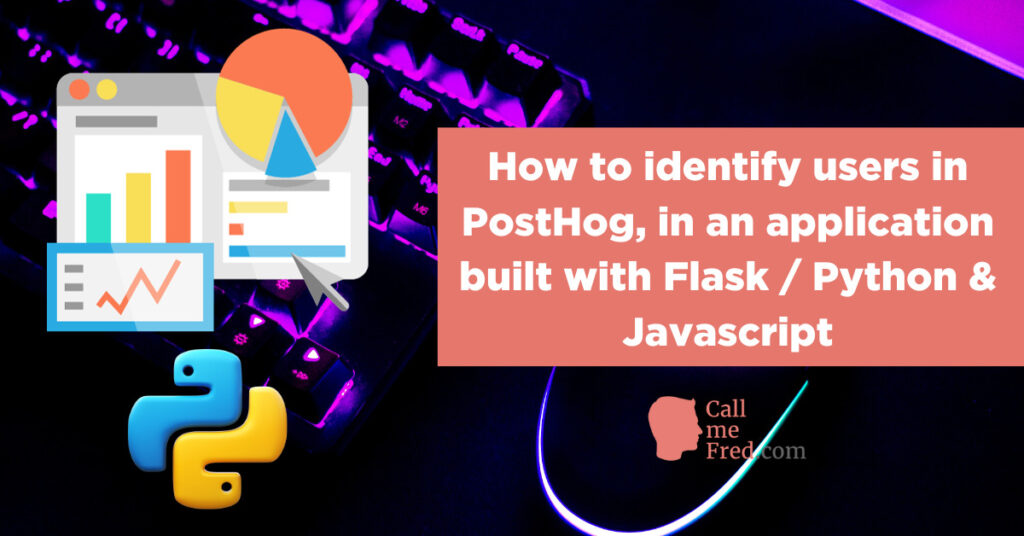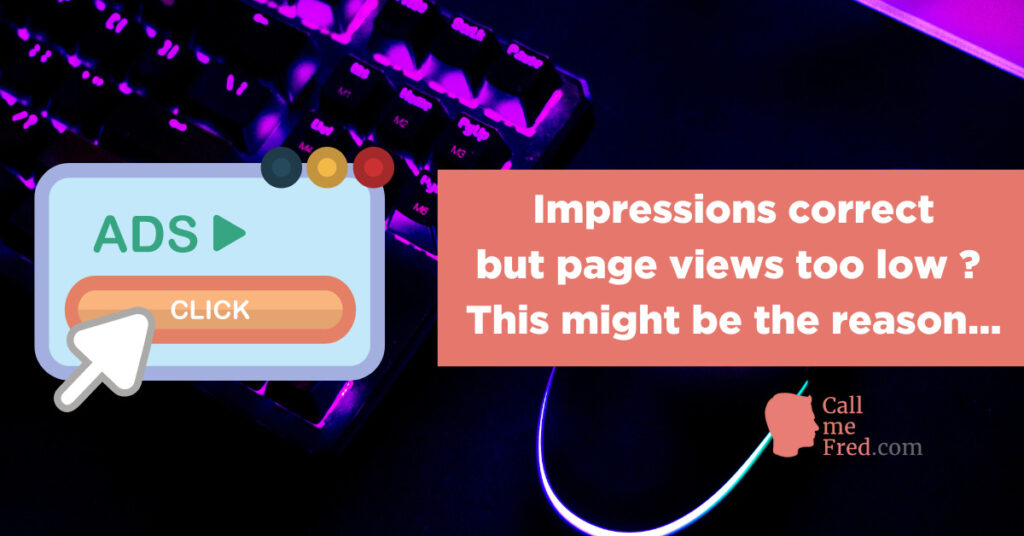Disclaimer: this piece was written by a human being on a Saturday morning. Bear with me for typos and other potential mistakes.
While playing with my digital assistant (you know, the infamous ChatGPT, now banned in Italy), I was trying to wrap my head around the impact that this mind-blowing tool would have on Search habits in the medium and long term.
As you know, Microsoft has already integrated GPT-4 in Bing and, at time of writing, Google is slowly rolling out Bard in Google Search. We don’t have any data about the actual usage of the chat interface (vs the traditional search input field) but I can already see many use cases where ChatGPT definitely outperforms the legacy search experience.
Using ChatGPT to fix a bug
If you have a bug on your WordPress site or in a Python script, you’ll get actionable help much faster by prompting ChatGPT than by trying to make sense of dozens of replies on StackOverflow or other similar Q&A websites. ChatGPT quickly delivers the gist of what you should know, as well as readymade code snippets. It might not be right all the time but if your question is well articulated and not too complex, you’ll get very good results. And you can always fine tune the solution in a conversational manner (tip: always remind ChatGPT of the latest version of your code).
Using ChatGPT for basic Q&A
The same applies to basic Q&A scenarios which over the last 10 years have been the turf of Quora and the likes (Quora still attracts 700+ million monthly visitors according to Similarweb, 69% from Search).
Generative AI excels in mainstream problem solving. Two days ago, I engaged in a conversation with an AI agent on Character.ai and discussed the future of Quora in the age of Generative AI. I then ask murf.ai to voice our conversation.
Here’s the outcome (you’ll be surprised by the last section).
What does ChatGPT mean for traditional content sites?
In essence, SEO isn’t rocket science. It’s all about planting on the web relevant pieces of information that can rank on search engines, with some help of authoritative backlinks but mainly through topical relevancy. I’ve always compared this to a form of proactive digital archeology in reverse, where you leave on the WWW the artefacts that you expect web strangers to collect at some date in the future. This works best for so-called “evergreen” content.
If the content doesn’t exist in some static form on the web, it can’t be crawled, parsed and indexed by Google and other search engines. So, as SEO professionals, we’ve been for the past 20 years in the business of feeding the beast with tons of content stored in data centres.
That’s precisely the content that has been used by OpenAI and other players to train their Large Language Models (LLMs). Now, let’s pause for a moment: when you think about it, besides the fact that we all want to generate (free) organic traffic from Google & co, in the age of Generative AI – where all questions will soon be answered on the spot by a smart digital assistant – there’s no user-focused reason to plant all this content on the web anymore.
Let it sink: HTML pages filled with static information could soon become a thing of the past.
Until today, if you could “own” a topic by publishing tons of relevant content, you were able to generate tons of organic traffic, even if you were not per se the only one to know something about this topic, even if the info was mostly common sense or public domain knowledge.
AI Agents will change this game forever! You could argue that in some cases, they will cite sources, Perplexity.ai does it pretty gracefully. But who will click on those reference links if the answer is good enough to meet one’s needs? Launched in late 2022, Perplexity already outperforms Google Snippets (and Quora) by orders of magnitude and quickly becomes a destination in its own right. It attracted close to 13M visitors in March 2023!
Who would for instance click on the link to my site at the bottom of this answer?

You could say that there are still some types of textual content that aren’t as easy to generate on-demand as mainstream FAQs or bug fixing tips. True, but remember that the whole craze around ChatGPT started 4 months ago (120 days). So you can easily imagine what the technology will be able to accomplish in 6 months, one year and beyond. I predict that there won’t be any type of online content immune to on-demand generation, not even “opinion pieces”.
What should content creators do to stay relevant in the age of Generative AI?
Content creators should invest in data collection, curation and structuring, then build an AI agent on top of their data trove to develop an interactive tool instead of just a (dead) feed of words. They should grant (paid) access to their data to enable other AI agents to query this data. In terms of business model, native ads promoting the publisher’s products or third party offerings could be nicely inserted at the end of each relevant answer. But the game won’t be as hands-off / passive and it has been so far: you’ll have to earn your “top of mind” spot as a true destination (and/or as a structured data provider).
This paradigm shift won’t be completed overnight. There will still be people searching for information in the old way in 2024 and beyond, don’t get me wrong, but it’s time to think about a plan B if you want to stay ahead of the curve, by integrating the latest AI advances in your content strategy.
SERP-based SEO will definitely end up as a short paragraph in history books.
If you want to discuss how to step up your content game, I’m always happy to help 😉 Feel free to get in touch.


 Subscribe to my weekly newsletter packed with tips & tricks around AI, SEO, coding and smart automations
Subscribe to my weekly newsletter packed with tips & tricks around AI, SEO, coding and smart automations







